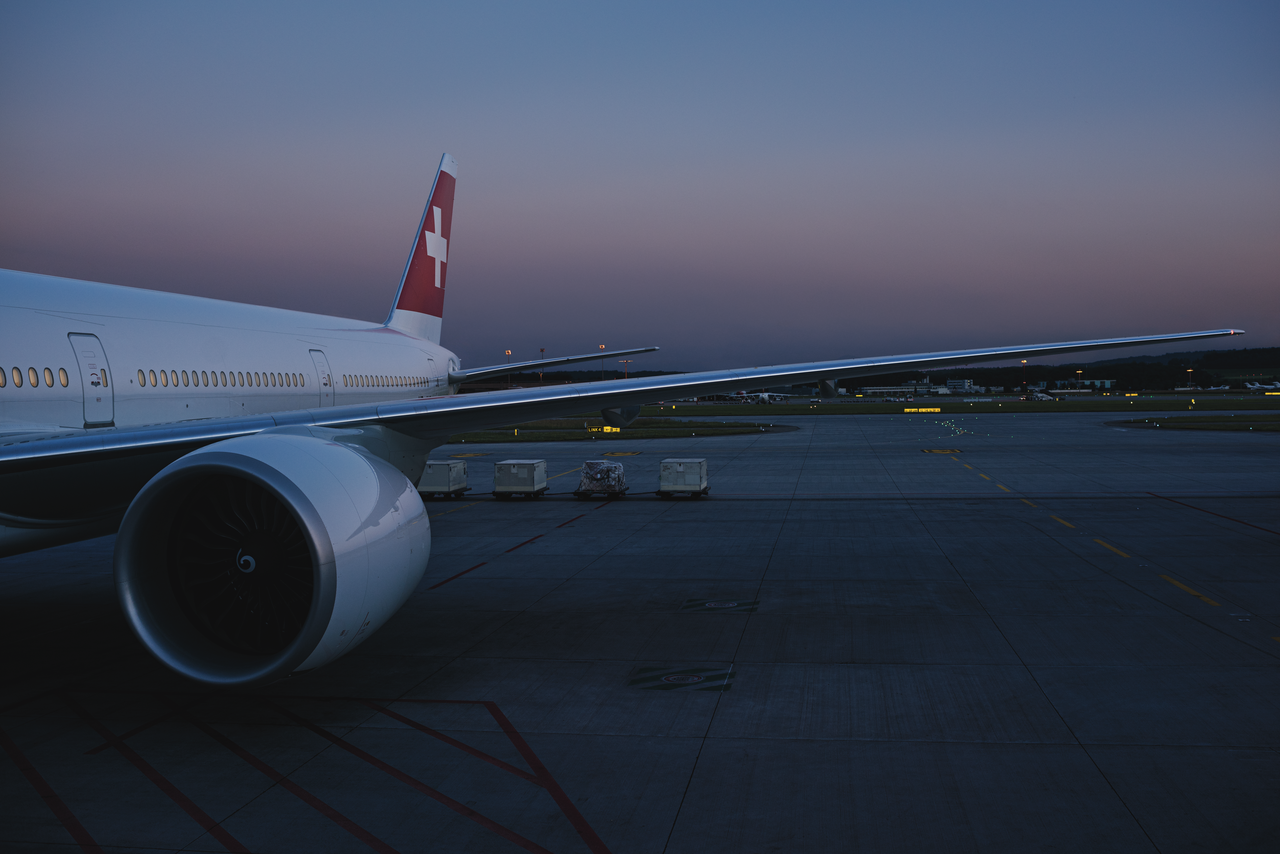The Impact of Workplace Diversity on Customer Experience and Innovation at SWISS

Context
In the increasingly competitive airline industry, legacy carriers such as SWISS International Airlines must go beyond traditional pricing strategies to maintain a competitive edge. With the rise of low-cost carriers and evolving customer expectations, service differentiation has become vital. SWISS, known for its premium service and Swiss brand identity, serves a culturally diverse global customer base. This reality places emphasis on the role of cultural intelligence (CQ) and workplace diversity in enhancing customer satisfaction. The thesis situates itself at the intersection of service quality, cultural understanding, and innovation within the aviation sector, examining how SWISS leverages its multicultural workforce to improve customer experience and stimulate innovation.
Goal
The primary objective of the study was to investigate whether and how SWISS utilizes its workplace diversity and cultural intelligence to deliver exceptional service and foster service innovation. Specifically, it aimed to assess the impact of diverse teams on customer interactions, explore how cultural intelligence manifests among cabin crews, and examine the influence of unconscious bias on service quality. The study also evaluated the airline’s internal practices to determine whether diversity is actively used as a strategic asset rather than merely a passive characteristic.
The research question guiding this thesis was: “Does SWISS leverage cultural diversity to improve customer experience and drive innovation, thus gaining a competitive advantage in the airline industry?”
Method
A qualitative research design was employed, combining an integrative literature review with semi-structured interviews. The literature review focused on frameworks including Hofstede’s cultural dimensions, the Diversity Wheel by Loden & Rosener, and the CQ model by Ang & Van Dyne. Qualitative data was gathered from interviews with SWISS cabin crew members and customer experience managers, and an expert interview with aviation consultant Dr. Rob Britton. These interviews provided firsthand insights into how cultural diversity and intelligence are perceived and applied within the organization. Although the HR department declined participation, the interviews still captured a wide range of employee perspectives from various cultural and professional backgrounds.
Results
The findings reveal that SWISS informally integrates cultural diversity into its service delivery through culturally aligned crew assignments and the empowerment of cabin crew to adapt services in-flight. Cabin crews demonstrated behavioral and cognitive CQ by modifying service styles based on passenger culture, particularly on routes to high-context cultures like Japan and India. However, CQ training at SWISS was found to be limited, often relying on experiential learning, therefore lacking a structural integration of CQ as a strategic asset. While crew diversity positively influenced service quality, the study also uncovered challenges such as generational tensions and occasional unconscious biases that affected both team dynamics and customer interactions.
"We strategically leverage our international crew structure to address cultural differences."
(Team Lead Customer Experience Management @ SWISS, personal communication, 2025)
Discussion
The thesis concludes that SWISS effectively utilizes cultural diversity in practice but lacks a structured and consistent framework to fully capitalize on it as a strategic advantage. By formalizing training on CQ and unconscious bias and fostering inclusive leadership, SWISS could further enhance team cohesion, service personalization, and innovation. The study emphasizes the importance of psychological safety and feedback loops in enabling diverse teams to thrive. Ultimately, while the informal practices at SWISS are strong, institutionalizing diversity strategies would better position the airline to remain competitive in a saturated global market.